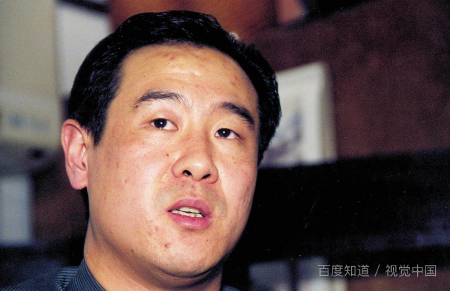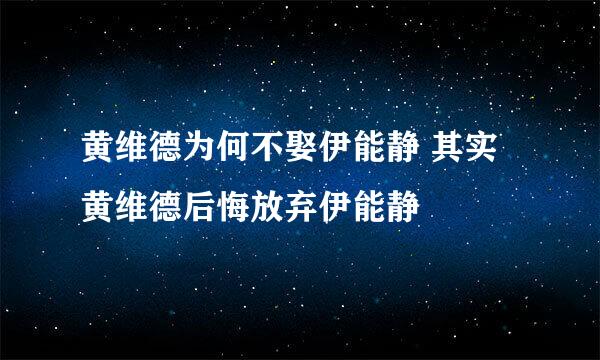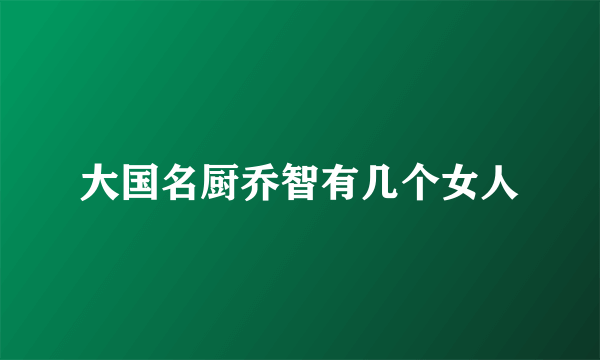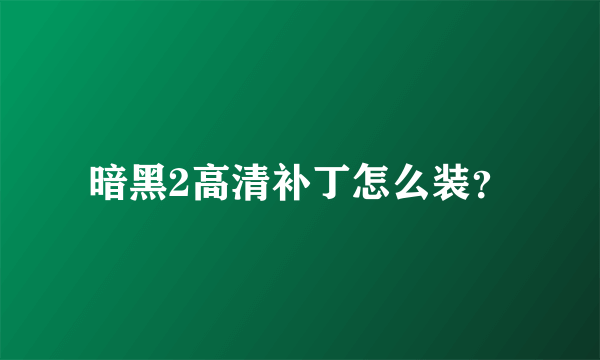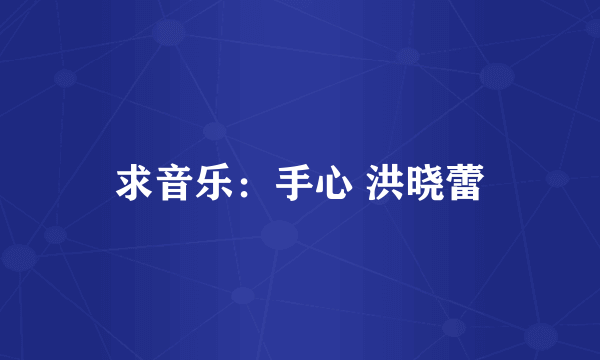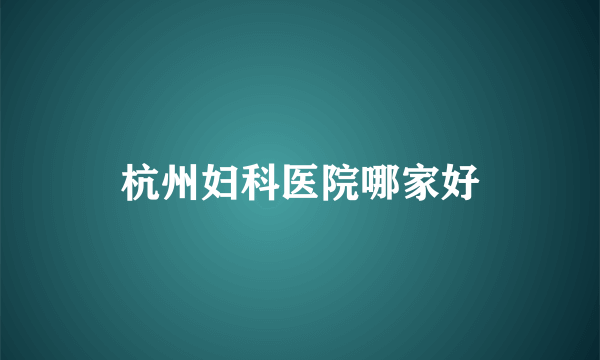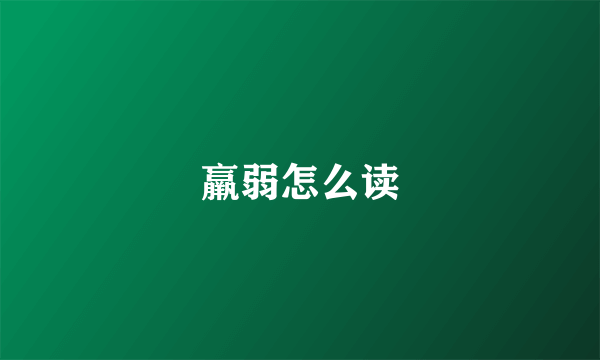
rise与raise的区别和用法
这两个词虽不同义,但因意义上有联系而易被混淆。
1.rise是“上升,上涨,起床,站立”的意思。该词含义较广,总的意思是指依次上升,如自然界的日、月、星、雾、云的上升,人体从睡、跪、坐、躺等姿势站立起来等。该词为不及物动词,其过去式与过去分词分别是rose和risen。如:
The sun rises in the east and sets in the west.日出于东而落于西。
Prices rise every day in those countries.那些国家里的物价天天上涨。
The chairman rose from his chair.主席从椅子上站了起来。
2.raise用作及物动词,其基本含义是“使升起来,举起”,它的过去分词和过去式都是raised。如:
Heavy rains raised the river.暴雨使河水水位升高。
We must raise the living standard of the people.
我们必须提高人民的生活水平。
His speech raised my interest.他的发言激起了我的兴趣。
3.与raise常搭配的固定说法有:
raise a subject提出一个问题
raise one’s voice提高嗓门
raise a family养家糊口
raise money筹款
raise price提高价格
raise one’s spirits打起精神
-- Lisa is right
-- So she is.
-- I don't want to go.
-- Neither do I.
rise 通常作为不及物动词(不及物动词后面无宾语,如一定要接宾语是该动词后会出现介词) “上升”“升起”
举例:太阳升起The sun rises/rises up. ||价格会上涨The price will rise.||价格从1元涨到2元The price rises from(介词) $1(宾语) to $2.
raise 通常作为及物动词(动词后直接跟宾语)“养育”“提升”“增加”“筹集”
举例:筹集善款raise money(宾语) for charity ||你抚养我长大raise me(宾语) up ||举手臂raise one's arm(宾语)||抬高价格raise the price
标签:英语,知识

